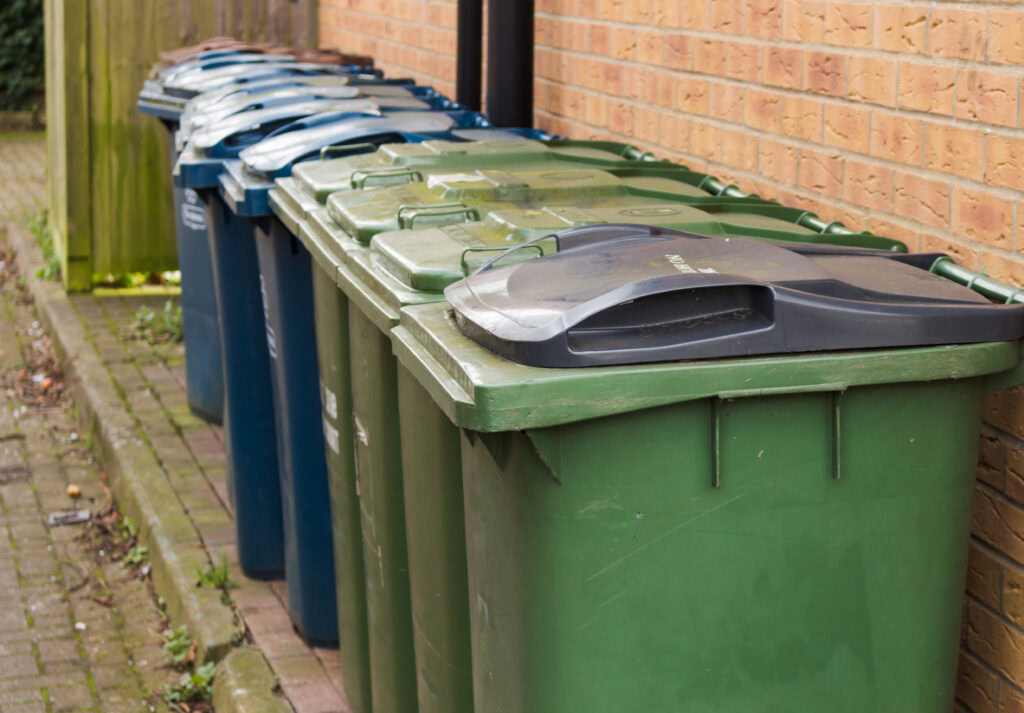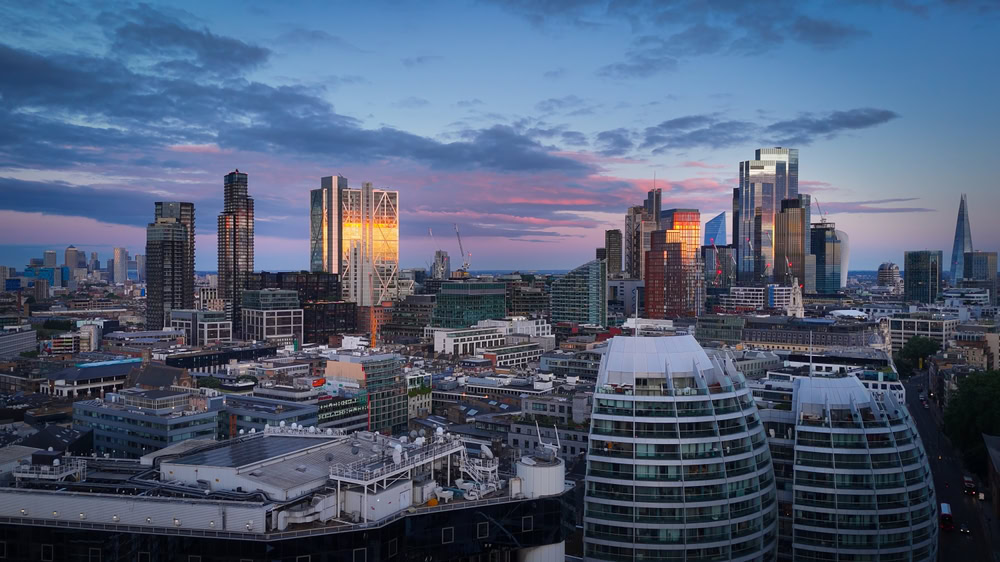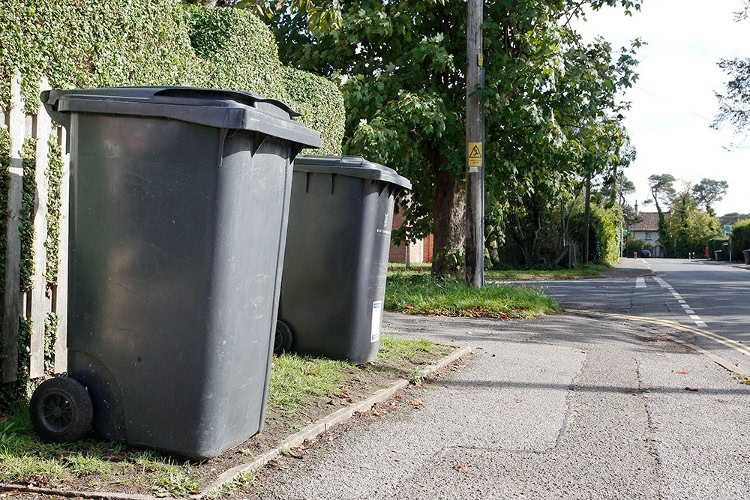At the launch of a new regional waste strategy yesterday the Assembly said it had set a target of sending less than 20% of household waste to landfill by 2020.
The strategy has said that facilities should be developed to enable material to be recovered from mixed residual waste through mechanical and biological treatment and as much energy as possible should be recovered from residual waste through treatment technologies. This covers a third of the waste.
The region currently produces about two and a half million tonnes of domestic waste each year, this is increasing by 100,000 tonnes per year. It also generates five and a half million tonnes of commercial waste and twelve and a half million tonnes of construction and demolition waste a year. Presently the area sends around 80% of its domestic waste and 50% of its commercial and industrial waste to landfill.
For the South West to process its own waste it needs to upgrade and create new facilities. The strategy states: “An independent study which looked at the best practical way of dealing with the problems facing us all, suggests that about 500-600 new facilities of all types will need to be in place by the year 2020.”
According to the waste strategy the South West could be recycling about three and a half million tonnes of waste and composting 300,000 tonnes a year.
Jobs
The Assembly aims to recycle and dispose of the waste that the region produces in the area itself and it sees the processing of waste as a way to make money and create jobs for the region.
Speaking at the strategy launch Councillor Gil Streets, chairman of waste, energy and minerals group of the regional assembly, said: “A better management of our waste has huge potential for job and wealth creation. Green procurement & markets for recyclate must be developed, preferably within the region.”
In the strategy the South West Regional Assembly claims that the changes proposed will reduce waste management costs in the region. It states that the strategy will cost between 950 million and 1,200 million a year to implement and run. This is compared to the 1,200 and 1,350 million a year that the assembly believes it will cost to deal with waste in the area with existing facilities.








Subscribe for free